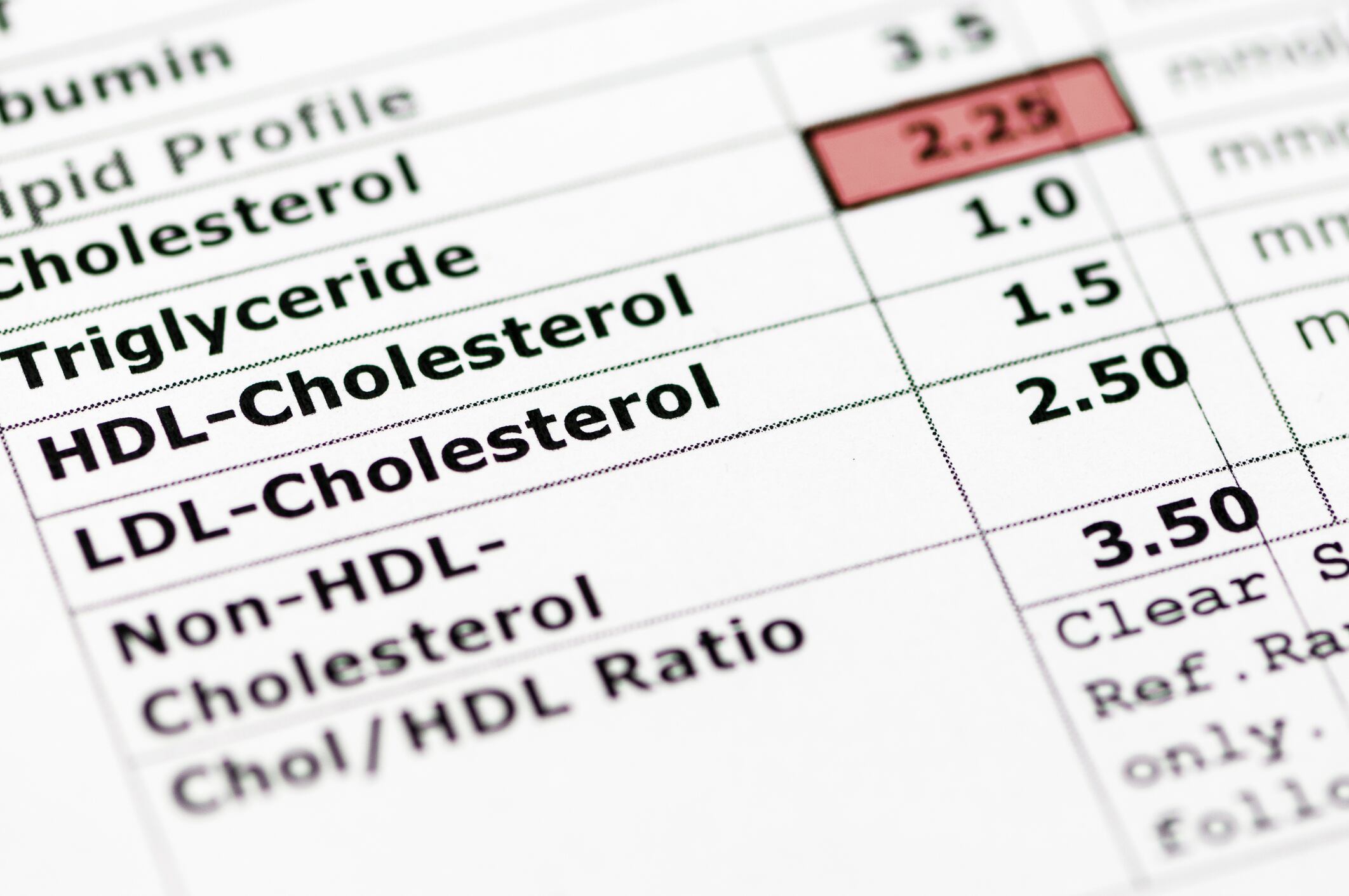The new research was the work of investigators associated with several universities and research institutes in Parma and Milan as well as with the APC Microbiome Institute in Cork. The research was published in the journal Frontiers in Microbiology.
Advent of ‘probiogenomics’
The researchers used the term ‘probiogenomics’ to delineate their approach which yields what they called a ‘Probiotics Identity Card’ (PIC). According to the authors this entailed “the use of FC assays to determine absolute abundance and viability of probiotic microorganisms in a given product/sample. In addition, gene-targeted metagenomic analyses involving the 16S rRNA gene and ITS profiling have been replaced by shotgun metagenomics, allowing probiotic classification at species level using a single sequencing methodology.”
To test how the approach is fit for purpose the researchers purchased twelve powder form commercially available probiotic supplements. The supplements, which were not identified by brand, claimed from one to nine different species on the labels. The species claimed were a mix of common probiotic strains, mostly from the Bifidobacterium and Lactobacillus genera, and included one spore-forming bacterium and one yeast species. The stated amounts ranged from one billion to 70 billion CFUs (colony forming units).
Only half of products generally met label claim
By applying their methodology the researchers found that six of the 12 products met label claim in terms of the species present. Three of the products lacked at least one species claimed on the label, and two of the products contained additional unidentified microbial species.
In addition, the researchers claimed three products were mislabeled in that they contained microbes of the L. paracasei taxon, instead of the L. casei taxon claimed on the label.
“This is a well-known issue since strains belonging to L. casei and L. paracasei are phenotypically and genotypically closely related,” they stated.
In terms of the CFU counts, five of the six products that accurately stated the microbial species present also accurately stated the CFU amounts. The sixth product, which contained multiple strains, gave only one CFU figure for all of the strains and so was not included in this portion of the analysis. Another product gave accurate CFU counts but was also contaminated with an undeclared strain. The tests on the final five products revealed serious discrepancies.
“The PIC pipeline described in this work improves the previously proposed Genetic Identity Card (Lugli et al., 2019), removing redundant sequencing experiments, such as 16S rRNA gene and ITS profiling, and allowing the precise enumeration of viable cells of each probiotic strain present in the probiotic supplement,” the researchers concluded.
“Using the PIC approach, five probiotic supplements out of 12, i.e., >40%, reveal inconsistencies in the formulations regarding what was declared, thus raising concerns about the current protocols applied by the internal quality checks of the probiotic supplement producer,” they added.
IPA: Approach holds promise
The International Probiotics Association (IPA) stated that the approach detailed by the researchers could be a valuable addition to the testing of probiotics supplements, while also acknowledging the questions raised by the high failure rate seen in this first application of the technique.
“What is new in their approach is the use of molecular and non-culture-based techniques. This is expected to provide more reliable and accurate information. It is a step forward from the standard culturing on MRS agar,” IPA said in a statement released to NutraIngredients-USA.
“The good news in their findings is that half of the tested products contain the correct total counts, the correct species and those species at the correct counts. The bad news is of course the other half,” IPA said.
IPA noted some details were missing from the researchers analysis, such as how close to expiry the products were when tested. Another possible question concerns chain of custody; where and when were the supplements purchased, and could some of them have been mishandled along the way?
IPA also mentioned that some manufacturing constraints in probiotics were not mentioned in the paper, such as the different stability and shelf life profiles of strains within a multi strain product, which could result in differing amounts of overages.
Additional tool in quest for quality
In the main, though the trade group viewed the paper as a positive addition to the continuing quest for probiotics quality.
“If there is something to wish for in the analysis it would be the testing of multiple batches of the same product or even from the same batch but from different outlets. To get a better understanding if poor quality was an unfortunate event or if it is more structural. Here again, information on expiry date would be important,” IPA stated.
“Albeit regulations do exist within the GMP’s for quality guidelines, the article further strengthens the argument for continued development of harmonizing standards for quality products and enumeration technologies within our industry. An initiative which IPA has taken to heart and is currently working diligently towards,” the group concluded.
Source: Frontiers in Microbiology
21 January 2022 | https://doi.org/10.3389/fmicb.2021.790881
The Probiotic Identity Card: A Novel “Probiogenomics” Approach to Investigate Probiotic Supplements
Authors: Lugli GA, et al.




